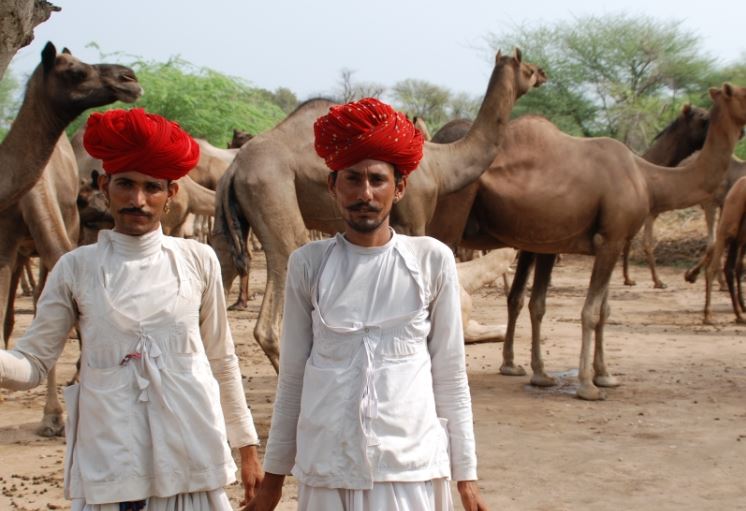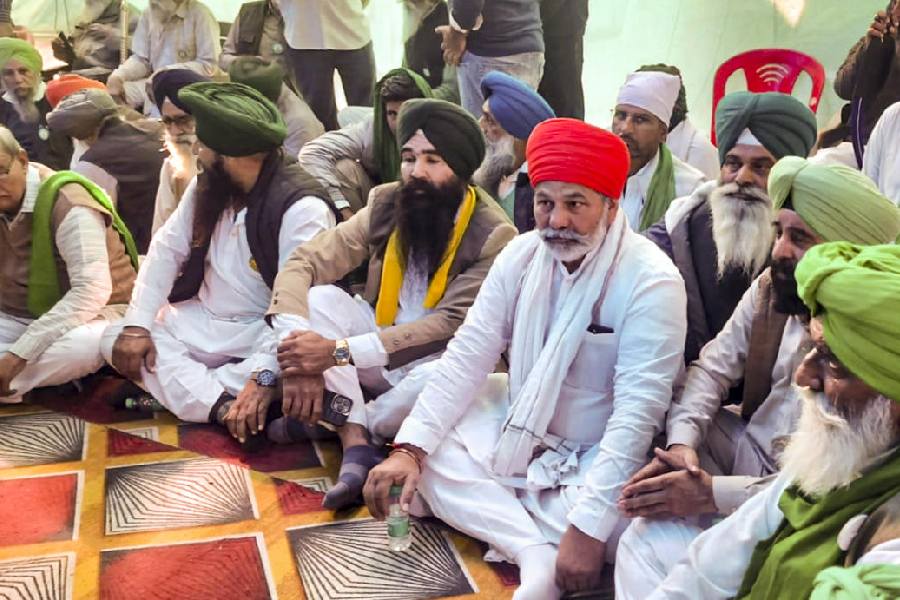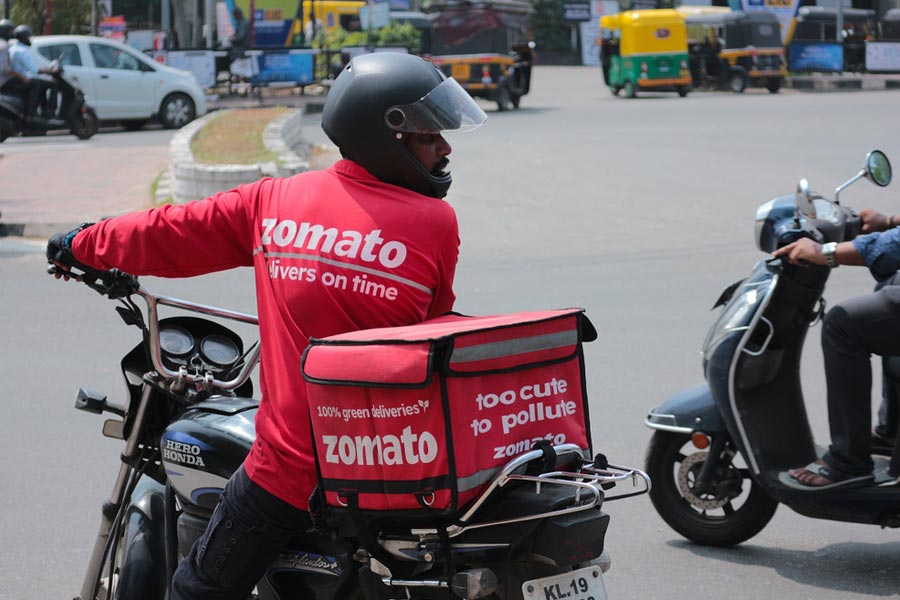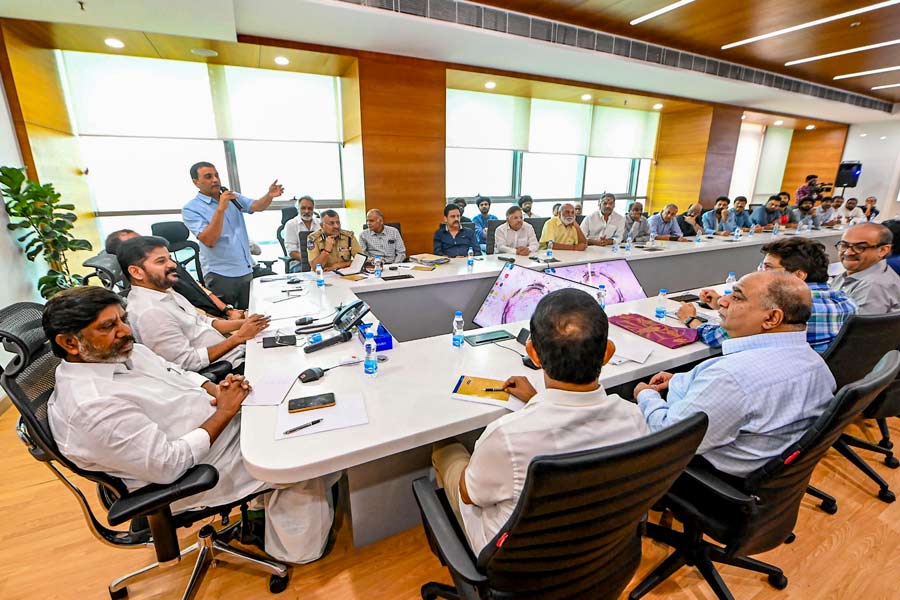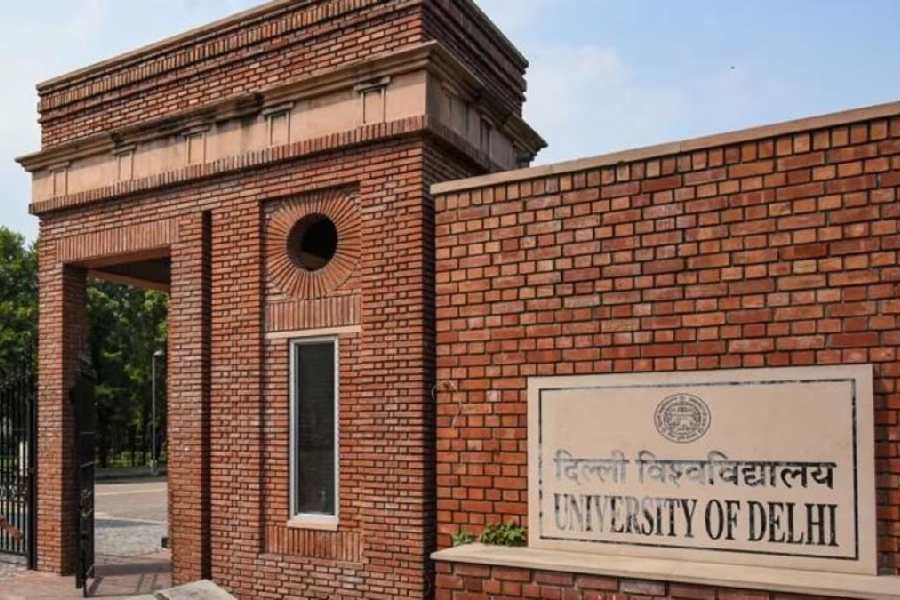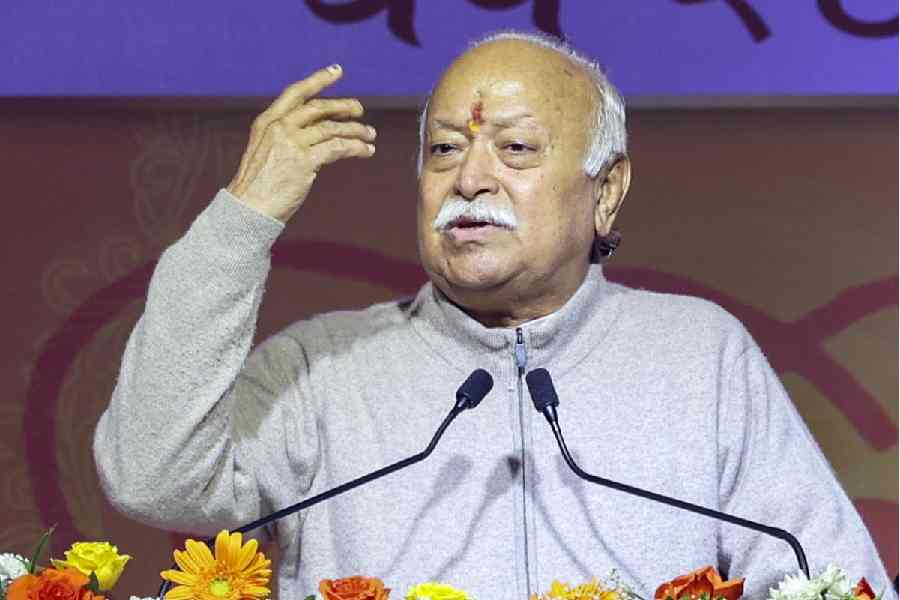Hatingaram’s life is less “here”, more “there”. Here — his village. There — in the open, across the country, under the sky.
The ‘Raika’ — a semi-nomadic pastoralist from Rajasthan — are always on the move, lock, stock and barrel. Literally. In his home state, he is a near-absent citizen; in Madhya Pradesh, a seasonal visitor; in Maharashtra, an unacknowledged guest camping on open fields with sheep herds, camels, guard-dogs, and his immediate and extended family. For the most part of a year, he’s a wandering soul.
Call him a non-resident villager, an ever-migrating Indian who the census finds difficult to enumerate. At least the 2011 census could not. We don’t know if he’ll be counted in 2021 when the next census is done. He and his ilk, various estimates say, number at about a hundred million and are categorized differently in different states — Other Backward Classes, Scheduled Tribes, or Vimukt-Jati/ Nomadic Tribes.
In Modi-Shah’s New India, what’ll he be? An illegal immigrant? Or an un-enumerated someone without rights?
As India undergoes a churning from within, sparked by new laws and newer questionnaires about citizenship, millions of pastoralists and nomadic tribes beg for an answer: will they ever be counted as citizens and get rights? If you ask for their proof of residency or birth, hundreds of thousands of Hatingarams may find it hard to provide any documentary evidence. In that case, what would the newly emboldened State-supported vigilantes do to them?
Pointers are all over. In July 2018, five individuals were lynched by a mob in Maharashtra’s Dhule district. They belonged to a little known ‘Dongari-Nathpanthi-Gosavi’ tribe, among the 650-odd Denotified, Nomadic and Semi-Nomadic Tribes. Mistaken as child-lifters, they were landless poor, doing what they do round the year for a living — seek alms or move places as fortune tellers.
If the minority, Dalit and adivasi communities are vulnerable groups, the pastoralists and nomadic tribes live beyond the margins. It was not a one-off incident. Many pastoralists, cattle-keepers, alms seekers, fortune tellers, street magicians, or ‘Bahurupiyas’ regularly fall victim to the blood-thirsty mobs.
In 2008 and 2017, the National Commissions for Denotified, Nomadic and Semi-Nomadic Tribes highlighted a long history of their marginalization, continued stigma, crass neglect and oppression during pre- and post-colonial rule. The two successive commissions asked the Centre to enumerate them, plan for their development and end their stigma. Nearly 200 of these communities were, in the British era, branded, by birth, as criminals by a law that was annulled post-independence but failed to bring them justice.
For most of the year, thousands of pastoralists and nomadic tribes roam around, conserving animal breeds, delivering services, aiding our economy in diverse ways. Shepherds of Ahmednagar climb up the Sahyadri and descend into Konkan. Van Gujjars climb up the Himalayas, braving a difficult and risky journey, protecting and preserving their special breeds of buffaloes. Donkey-keepers along the Telangana-Maharashtra border migrate great distances ferrying sand and building materials. The Bahurupias wear funny costumes to play mythological characters as entertainers, singing and performing on the streets for a living, staying out of school or colleges. For them, the Citizenship (Amendment) Act, National Register for Citizens and the National Population Register do not change the reality.
While Delhi emphatically argues over giving asylum to the persecuted minorities from our neighbouring countries to the exclusion of Muslims, our hypocrisy is in turning a blind eye to those persecuted by us here — marginalized communities pushed out of the basket, made to suffer as cattle classes. Ah, but hypocrisy is what has come to define a new India!

